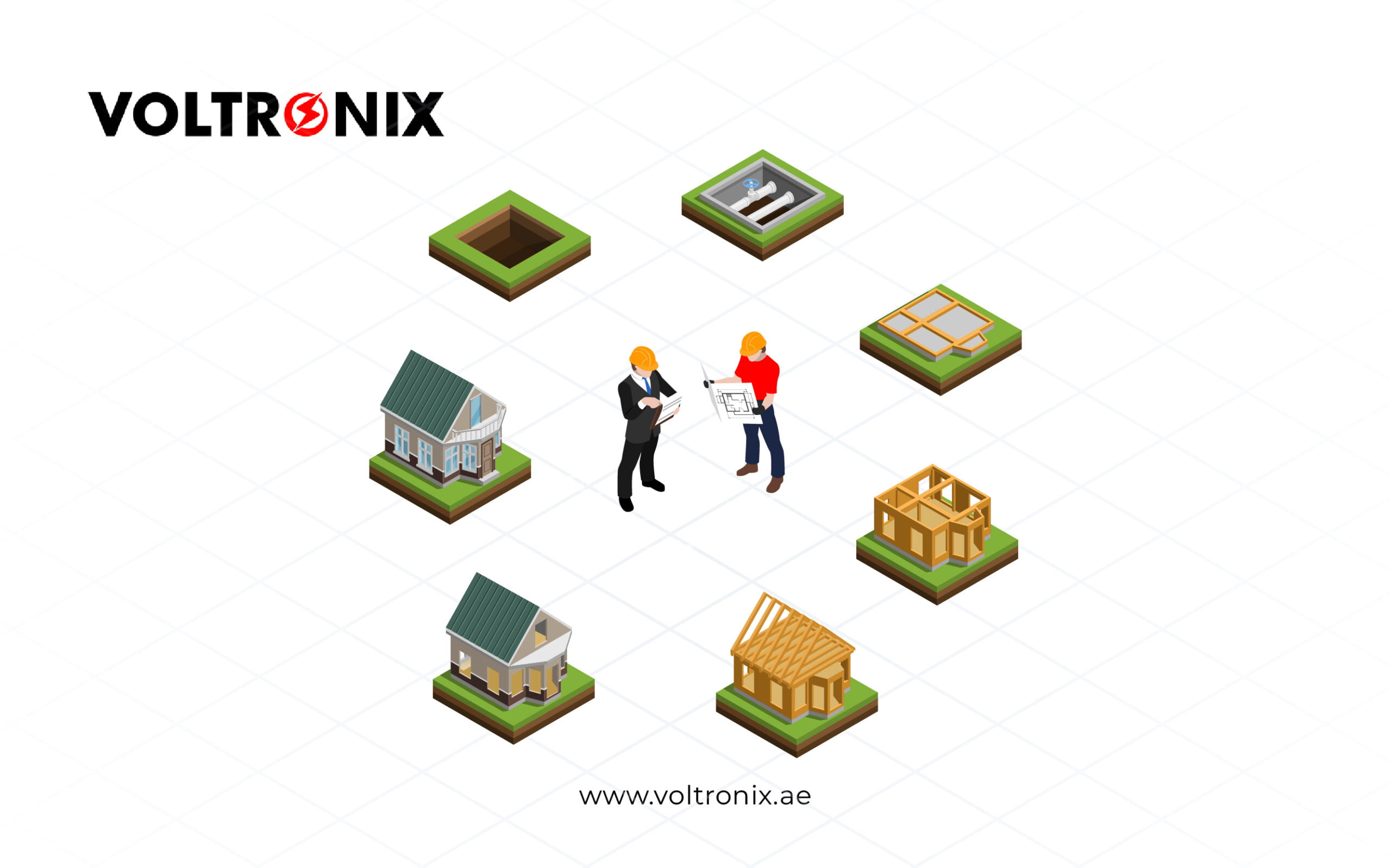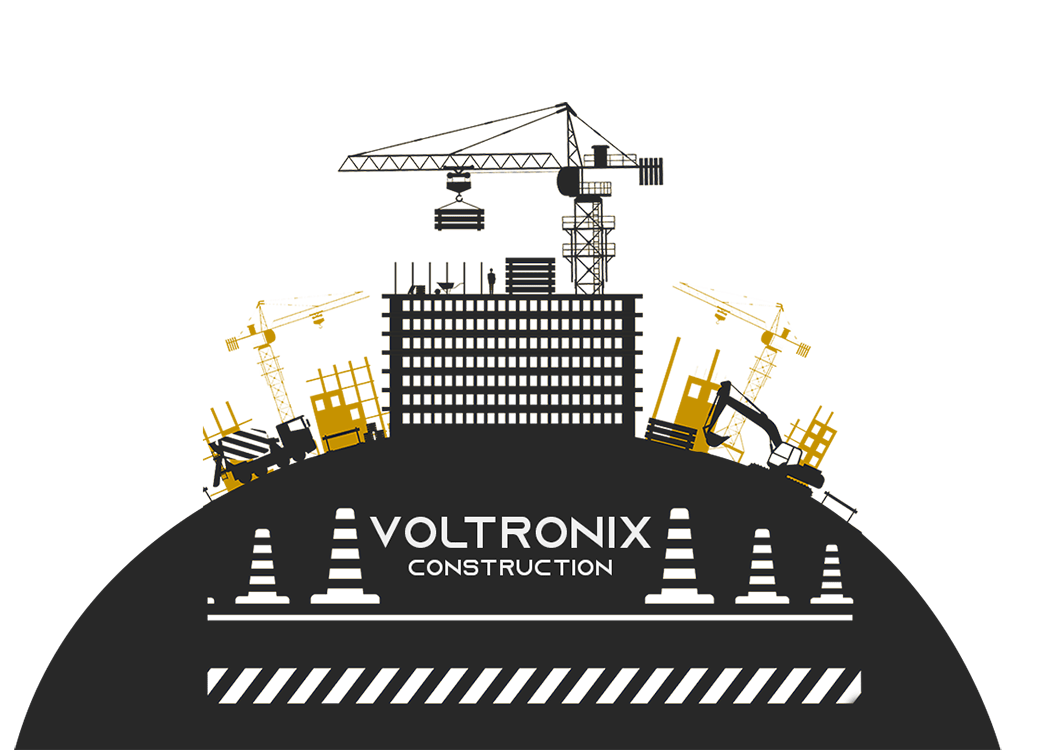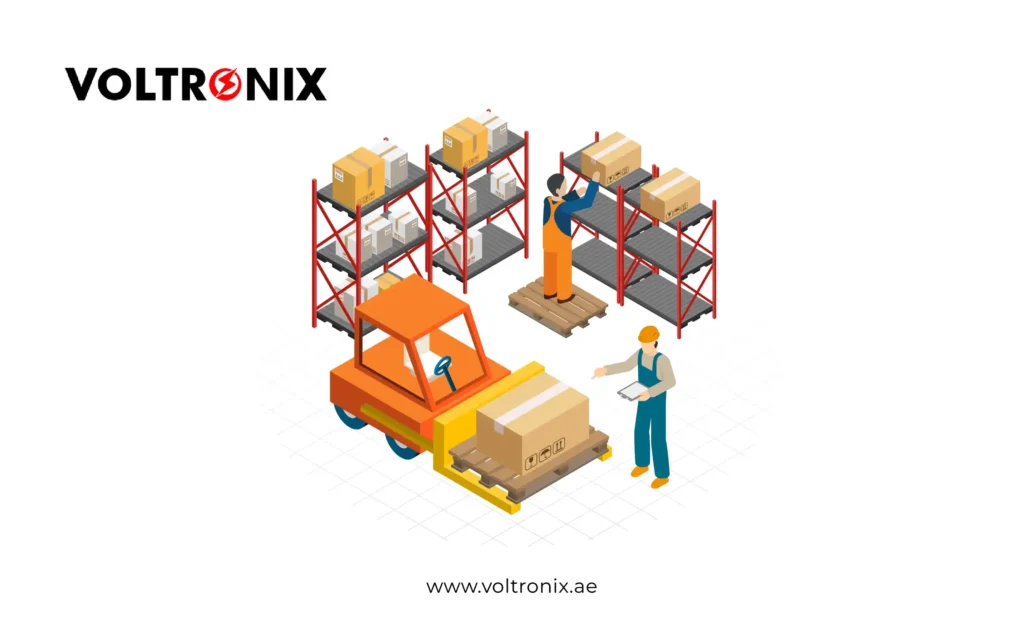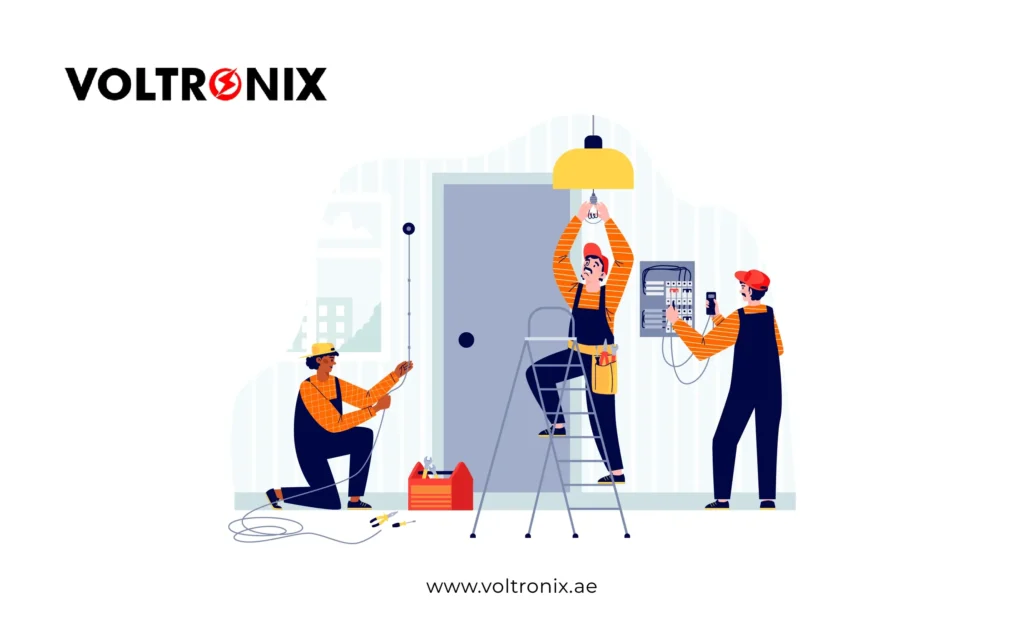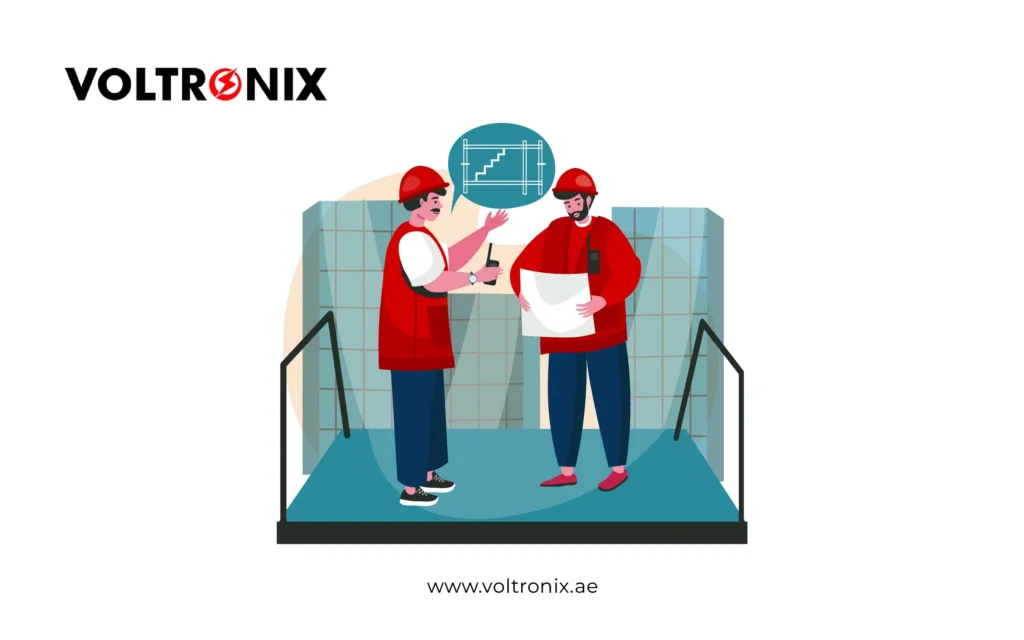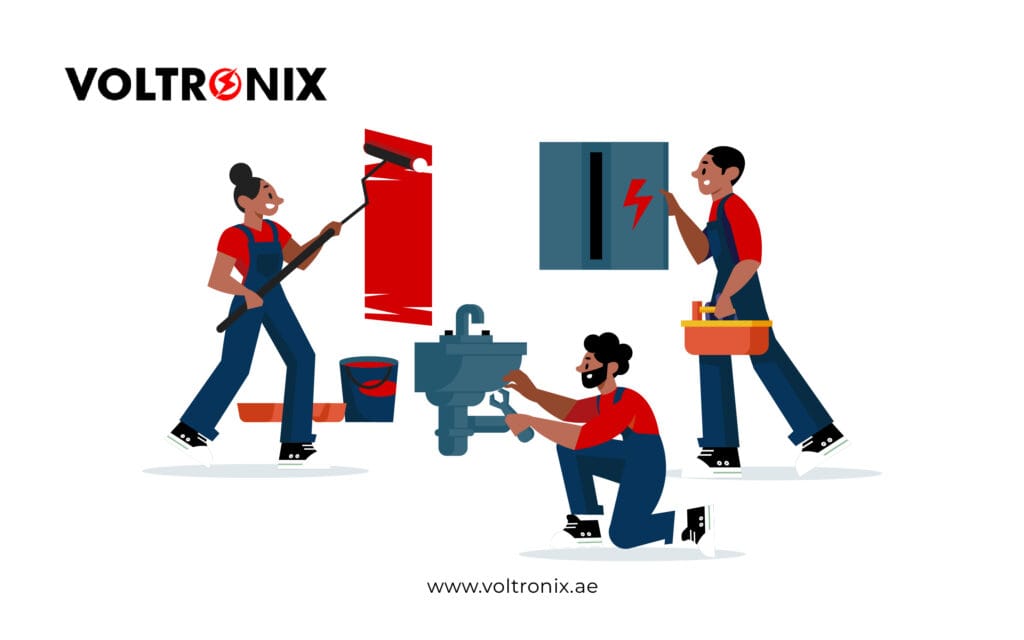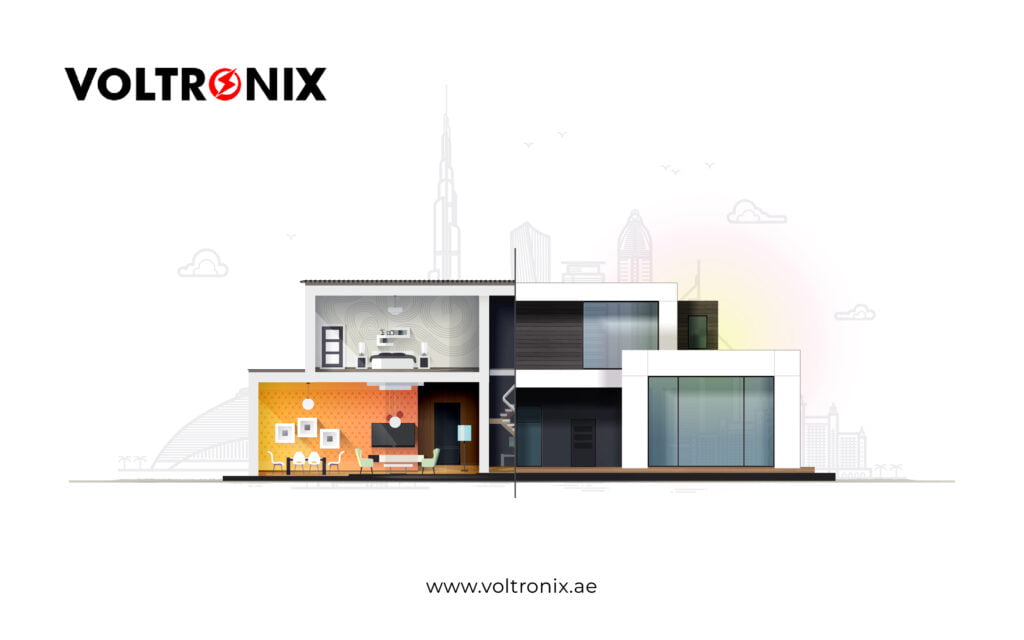Building a G+1 villa construction in Dubai is a big undertaking that requires careful planning. One must adhere to rigid rules and obtaining critical approvals from numerous agencies. Building a house is tightly entwined with city laws, showing the city’s brilliant architecture through Dubai’s skyline. This article provides a thorough road map for navigating the approval process. It highlights the key stakeholders and essential steps required to successfully secure approvals for starting this architectural adventure.
Awareness About Regulatory Framework For Villa Construction in Dubai
Understanding the regulatory landscape is crucial before beginning work on a G+1 villa in Dubai. Some of the important regulatory organisations in Dubai, a city renowned for its architectural marvels, including the Dubai Municipality, Dubai Development Authority (DDA), Dubai Electricity and Water Authority (DEWA), and Roads and Transport Authority (RTA).
The DDA assures compliance with laws regarding zoning and development plans while the Dubai Municipality establishes the fundamental rules. RTA is in charge of transportation-related matters whereas DEWA governs utility services. To navigate the complexities of compliance and enable a successful and legal villa construction in this vibrant metropolis, familiarity with these regulatory agencies and their responsibilities is essential.
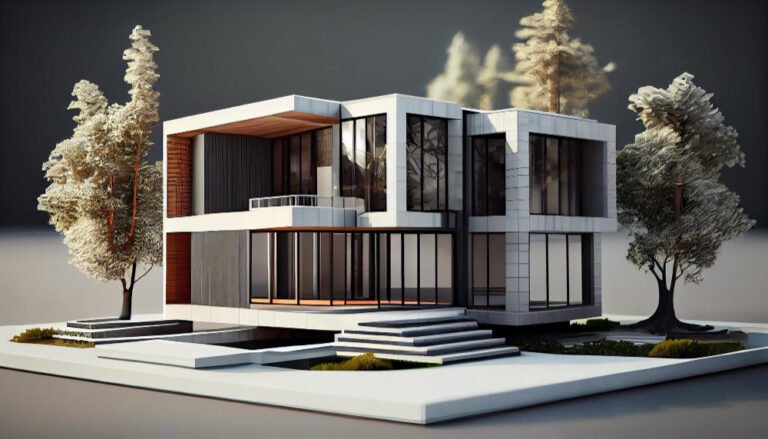
Consent For Architectural and Engineering Plans
Accepting architectural and engineering designs, which ensures that the submitted plans correspond to the relevant standards, is one of the crucial processes in the building process, safety rules, and design requirements. After the careful evaluation of the complex architectural plans, engineering layouts, structural integrity, and obedience with local construction codes, the necessary authorities offer this endorsement.
Clearances for Zoning and Land Use
Here, the process of developing any piece of land has to get clearances for zoning and land use approvals. These approvals, which are granted by regional or municipal authorities, attest to adherence to the listed zoning and land use regulations.By confirming that the proposed development complies with these rules, land use approvals ensure that it blends seamlessly with the existing urban or rural setting.
DEWA Utility Clearances
DEWA is the main source of water and energy in the Emirate. Therefore it is crucial that villa construction projects adhere to established technical and safety standards. The utility approvals include a thorough review of the project’s electrical and water planning, load calculations, compliance with DEWA rules, and observance of safety procedures. Acquiring these approvals signifies that the project meets the necessary requirements. We will access and utilize electricity and water services, marking a pivotal milestone in the development process.
RTA Road Connection Approval
Any infrastructure or building project in Dubai must first have clearance for road connectivity from the Roads and Transport Authority. The RTA oversees and controls the city’s transport system. It will make sure that road connectivity and access adhere to the appropriate efficiency, safety, and design criteria.
Conclusion
To conclude, the process of constructing a G+1 house in Dubai involves careful planning, innovation, and compliance. Professional villa contractors in Dubai streamlines the workflow by navigating the necessary clearances from the Dubai Municipality, DDA, DEWA, and RTA. Following the rules, requesting pre-approvals, and creating thorough submissions are essential components in this complex approval process.

